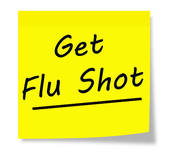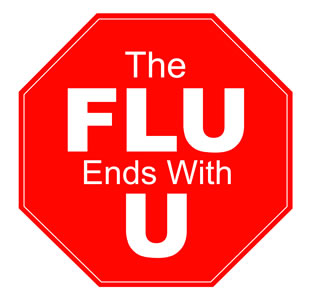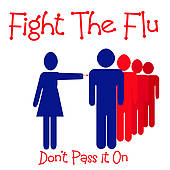This season’s flu outbreak, now being called an epidemic, continues to spread throughout the U.S. The severity of this season’s flu can be blamed on it being a strain known as H3N2, which makes people sicker than other strains. When H3N2 is prominent, more people require hospitalization and there are more flu-related deaths.
Additionally, the flu shot is only approximately 30 percent effective against this strain. But experts still recommend the vaccine as it is more effective against other strains that may become more common. In addition, the vaccine can lessen the severity and length of the illness. It’s important to note that it takes two weeks for the vaccine to become effective.
Some groups are more susceptible to the flu virus which increases the need for the vaccine. These groups are young children, people 65 and older, pregnant women and those with chronic health conditions such as asthma, diabetes, heart and lung disease. Health care workers and people who take care of children should be vaccinated.
Begin taking precautions to avoid spreading the illness as soon as you notice symptoms developing. Symptoms usually appear 1-4 days after exposure and people are most contagious during the 24 hours before symptoms appear. They may be contagious for up to five to seven days after getting sick.
Symptoms
- Fever or feeling feverish/chills
- Cough
- Sore throat
- Runny or stuffy nose
- Muscle or body aches
- Headaches
- Fatigue
- Vomiting and diarrhea, which is more common in children
Prevention tips
- Avoid close contact with sick people

- Wash hands often with soap and water. If soap and water are not available, use alcohol-based hand sanitizer
- Avoid touching eyes, nose and mouth
- Clean and disinfect surfaces and objects that may be contaminated with germs
- While sick, limit contact with others to avoid infecting them
- If sick with flu symptoms, stay home for at least 24 hours after fever is gone (without the aid of fever-reducing medicine) except to get medical care.
- Cover coughs and sneezes with tissue.
If you do get the flu, antiviral drugs, available by prescription only, can lessen the severity and length of the illness. In addition, these drugs might help prevent complications. For best results, antivirals need to be started within two days of getting sick. But, even if started later, they can be helpful.
Source: www.cdc.gov


